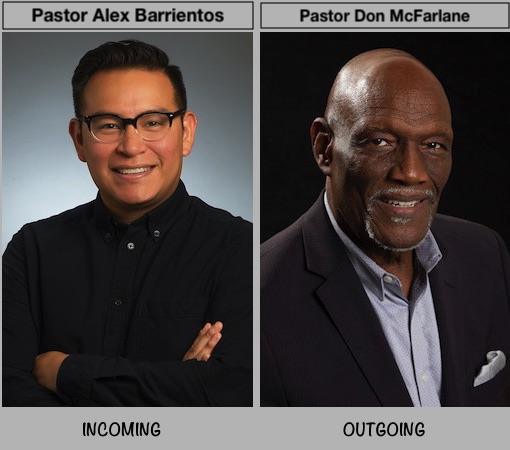
A few years ago I happened to be in Chicago on a Thursday evening. A friend and I were able to get tickets to a taping of the radio program “Wait, Wait, Don’t Tell Me.”
After the taping, the host, Peter Sagal, and members of the panel, fielded questions from the audience. When given the opportunity I asked: “What do you do the rest of the week?”
It was a silly question that I hoped would be used by those on stage to describe the hard work that goes into producing an award-winning program that requires countless hours, and the talents of many people working behind the scenes.
I suspect that a fair number of people have, at one time or another, wondered the same thing about pastors: what do they do the rest of the week? After all, they’re only visible on Sabbath, and maybe once in a while during the week. What do they do the rest of the time?
As a former pastor, I can say that, done properly, no job is more demanding—spiritually, emotionally, physically—than being a church pastor. For one thing, they’re never “off duty.” The phone can ring anytime with a situation that demands a response: a hospital visit, a death, an impromptu meeting. When, for me, “ministry” went from serving in a parish to working in an office in front of a computer keyboard, I celebrated having my evenings and weekends free.
October is Pastor Appreciation Month, when we stop to honor the sacrifice and hard work of our pastors. This year has seen some significant changes to our pastoral staff at Sligo Church. After senior pastor Charles Tapp became president of the Potomac Conference, a well-organized and thorough search process brought Alex Barrientos to be our senior pastor. Then our administrative pastor, Don McFarlane, announced his impending retirement after 50 years of pastoral and administrative service to the Seventh-day Adventist Church, including 10 years at Sligo Church.
This is a good time to reflect on the contributions made to our personal and church lives by those who serve on our pastoral staff. Our pastors touch every aspect of church life at Sligo Church—children and youth, young adult and senior care, worship, administration, pastoral care, outreach, community service. Sligo Church’s strength is its many ministry groups, each of which is guided, supported, and encouraged by a pastoral liaison.
In Waking from the American Dream, Donald McCullough writes: “During World War II, England needed to increase its production of coal. Winston Churchill called together labor leaders to enlist their support. At the end of his presentation he asked them to picture a parade that he knew would be held in Piccadilly Circus after the war. First, he said, would come the sailors who had kept the vital sea lanes open. Then would come the soldiers who had come home from Dunkirk and gone on to defeat Rommel in Africa. Then would come the pilots who had driven the Luftwaffe from the sky.
“Last of all, he said, would come a long line of sweat-stained, soot-streaked men in miner’s caps. Someone would cry from the crowd, ‘Where were you during the critical days of our struggle?’ From ten thousand throats would come the answer, ‘We were deep in the earth with our faces to the coal.’”
Ministry at Sligo Church takes many forms; it transcends any one group of individuals. This month—and every month—let’s honor our pastors for their often invisible service to our church and community.
STEPHEN CHAVEZ and his wife, Linda, have been members of Sligo Church for more than 25 years. He is an elder and chairs the Administrative Board.